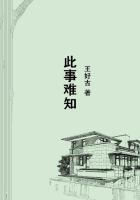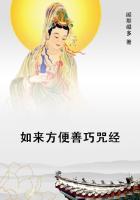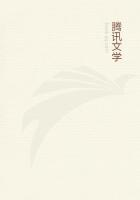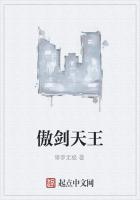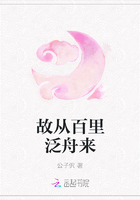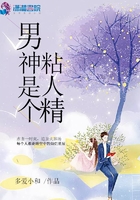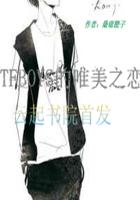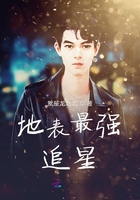"WHAT'S this saber doing here?" asked a young guardsman, Lieutenant Afanasyi Afanasyevitch Fet, of the footman one day as he entered the hall of Ivan Sergeyevitch Turgenieff's flat in St. Petersburg in the middle of the fifties.
"It is Count Tolstoy's saber; he is asleep in the drawing-room. And Ivan Sergeyevitch is in his study having breakfast," replied Zalchar.
"During the hour I spent with Turgenieff," says Fet, in his reminiscences, "we talked in low voices, for fear of waking the count, who was asleep on the other side of the door."
"He's like that all the time," said Turgenieff, smiling; "ever since he got back from his battery at Sebastopol,[16] and came to stay here, he has been going the pace. Orgies, Gipsies, and gambling all night long, and then sleeps like a dead man till two o'clock in the afternoon. I did my best to stop him, but have given it up as a bad job.
[16] Tolstoy was in the artillery, and commanded a battery in the Crimea.
"It was in this visit to St. Petersburg that I and Tolstoy became acquainted, but the acquaintance was of a purely formal character, as I had not yet seen a line of his writings, and had never heard of his name in literature, except that Turgenieff mentioned his 'Stories of Childhood.'"
Soon after this my father came to know Fet intimately, and they struck up a firm and lasting friendship, and established a correspondence which lasted almost till Fet's death.
It was only during the last years of Fet's life, when my father was entirely absorbed in his new ideas, which were so at variance with Afanasyi Afanasyevitch's whole philosophy of life, that they became estranged and met more rarely.
It was at Fet's, at Stepanovka, that my father and Turgenieff quarreled.
Before the railway was made, when people still had to drive, Fet, on his way into Moscow, always used to turn in at Yasnaya Polyana to see my father, and these visits became an established custom. Afterward, when the railway was made and my father was already married, Afanasyi Afanasyevitch still never passed our house without coming in, and if he did, my father used to write him a letter of earnest reproaches, and he used to apologize as if he had been guilty of some fault. In those distant times of which I am speaking my father was bound to Fet by a common interest in agriculture as well as literature.
Some of my father's letters of the sixties are curious in this respect.
For instance, in 1860, he wrote a long dissertation on Turgenieff's novel "On the Eve," which had just come out, and at the end added a postscript: "What is the price of a set of the best quality of veterinary instruments? And what is the price of a set of lancets and bleeding-cups for human use?"
In another letter there is a postscript:
"When you are next in Oryol, buy me six-hundred weight of various ropes, reins, and traces," and on the same page: "'Tender art thou,' and the whole thing is charming. You have never done anything better; it is all charming." The quotation is from Fet's poem:
The lingering clouds' last throng flies over us.
But it was not only community of interests that brought my father and Afanasyi Afanasyevitch together. The reason of their intimacy lay in the fact that, as my father expressed it, they "thought alike with their heart's mind."
I also remember Nikolai Nikolayevitch Strakhof's visits. He was a remarkably quiet and modest man. He appeared at Yasnaya Polyana in the beginning of the seventies, and from that time on came and stayed with us almost every summer till he died.

